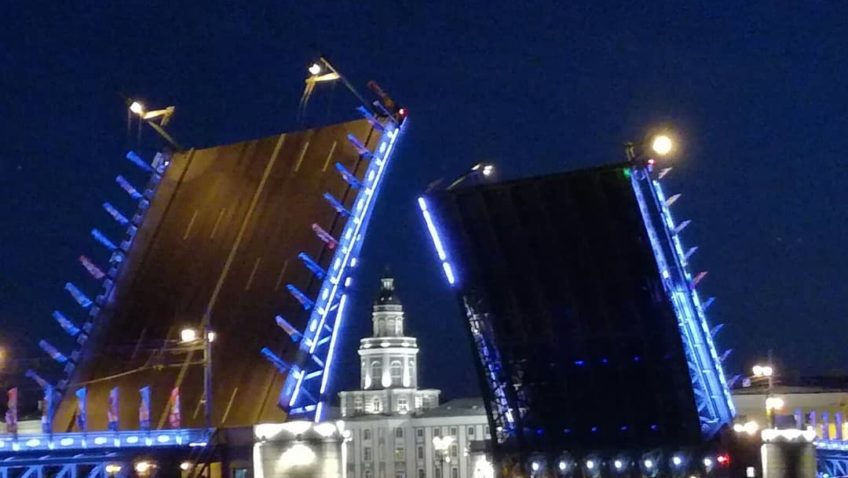Compiled by Hristo Voynov and Eva Jovanova
1. Polish President Andrzej Duda vetoed reforms that would change how Polish members of European Parliament are chosen. If passed, the law would have been rewritten so that only parties would need significantly more votes in terms of percentage in order to have representation within European Parliament. Duda’s reasoning is that this would limit the Polish political scene, as only the strongest parties would be given a voice. The reforms were proposed by Duda’s own Law and Justice Party, which makes the veto even more powerful.
2. Kosovo Prime Minister, while redrafting Kosovo’s Security Strategy, announced that the country has to be able to defend itself against threats in all dimensions. A day after his announcement, Serbia’s President Aleksandar Vucic claimed that Serbia might reintroduce compulsory conscription of between three and six months after 2020. Their announcements come in the heat of a possible land swap along ethnic lines that might set a dangerous precedent for other Balkan countries.
3. Recent military exercises with Russian and Transnistrian troops in the Moldovan breakaway region of Transnistria raised a few eyebrows. While the two troops often conduct military training, this time they were focused on crossing the Dniester river, which led Moldovan authorities and OCSE (Organization for Cooperation and Security in Europe) to critic the maneuvers as needlessly provocative. The OCSE also pointed out that these exercises were not done in accordance with the joint control cooperative agreement which requires the approval before any such military drills.
4. Serbia hopes to host Vladimir Putin this November. According to the Russian Minister of Foreign Affairs, Sergei Lavrov, the preparations for the visit are underway. Lavrov met with his Serbian counterpart, Ivica Dacic, in Sochi, and reassured him of Russia’s support to Serbia especially in the EU-mediated dialogue between Serbia and Kosovo. Putin’s state visit to Serbia is framed as certain to happen by Serbian media, however, the Kremlin has not issued a statement yet to confirm it.
5. The 50th anniversary of the Soviet invasion of Czechoslovakia passed this week with controversy in the Czechian ‘celebrations’. President Zeman was criticized for his decision not to speak on the event, while Prime Minister Babis’ attempt to deliver a speech was drowned out by protesters who focused on his ties to the communist era secret police. Some Czechian television networks even focused on the Slovakian President’s speech in protest of Zeman’s silence.
6. Macedonian Minister of Foreign Affairs, Nikola Dimitrov, on his state visit to the US met with the Secretary of State, Mike Pompeo, this Wednesday. Pompeo showed strong support for Macedonia’s Euro-Atlantic integration and urged a quick implementation of the name agreement. The citizens of Macedonia will still have to show their support of the agreement on a referendum on September 30. On August 21, Macedonia received the necessary guidelines for NATO accession which the country needs to meet till April 2020.
7. Belarusian President Alyaksandr Lukashenko made significant changes to his administration. The most significant decision was that of appointing a new Prime Minister, Syarhey Rumas of the state-owned bank, but there were many other changes. The explanation for these changes was that Lukashenko wanted to improve his ability to enact his strategy in the East of the country, focusing on the poor industrial condition in the city of Orsha.
8. Croatia Minister of Interior, Davor Bozinovic, stated this Monday that the number of illegal crossings to Croatia has increased since last year, but he denies the numbers by the Bosnian authorities. He claims that the Croatian border patrols have counted 3.200 illegal crossings for 2018, including the ones coming from the Serbian border, which is drastically lower than the 8.000 reported by the Bosnian authorities about illegal crossings through the Bosnia-Croatian border. He claimed that, nevertheless, Croatia notes a 26% increase of illegal crossings compared to last year’s data.
9. The Ukrainian government appears to be in the middle of a pro-Russian purge. An aide to Ukrainian Prime Minister Volodymyr Hroysman is currently in court defending himself against accusations of being a spy for Russia. Ukrainian President Petro Poroshenko stated that he is shocked at how many Ukrainian politicians are pushing the Russian narrative of the conflict because they are blinded by their focus on domestic problems. While it is unclear what actions he will take to tackle this issue, such a narrative can be useful for bringing together a bickering political scene, or for removing troublesome elements in the Ukrainian government.
10. Greece saw its third EU bailout package come to an end this Monday, and while Tsipras might claim it was a “day of liberation” for Greece, the country’s economy has been growing slowly and its dire demographic picture does not promise a quick economic recovery. Greece was scrutinized by its international creditors since 2010 and the austerity policy the country had to implement was highly unpopular among its population. The end of the biggest bailout in history is also cheered by the EU, but the country’s uncertain post-bailout era will show if it there really is a reason to celebrate.


0 comments